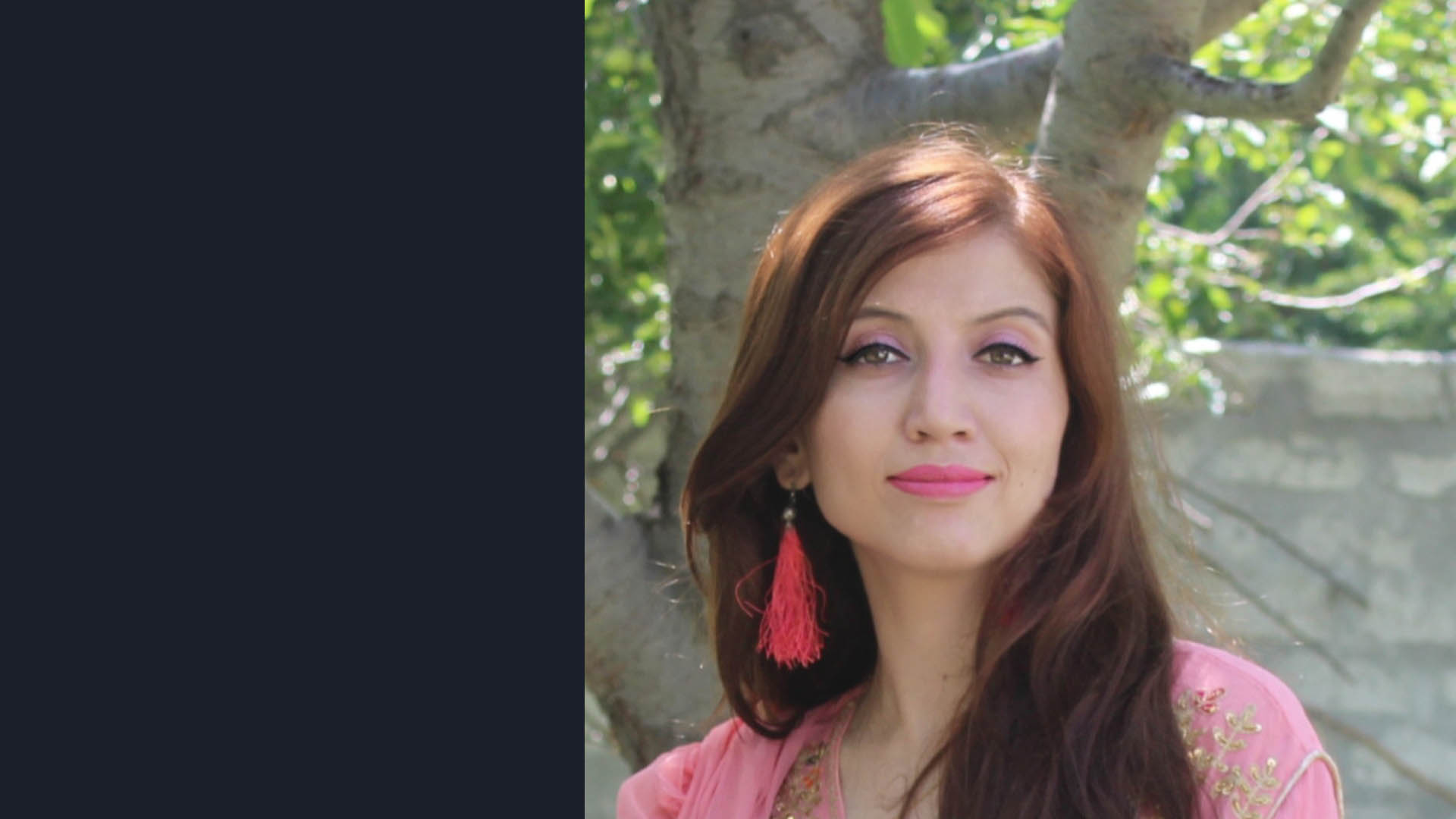MITIGATING CLIMATE CHANGE
Aaliya dad
Master in Environmental Studies
York University, Canada
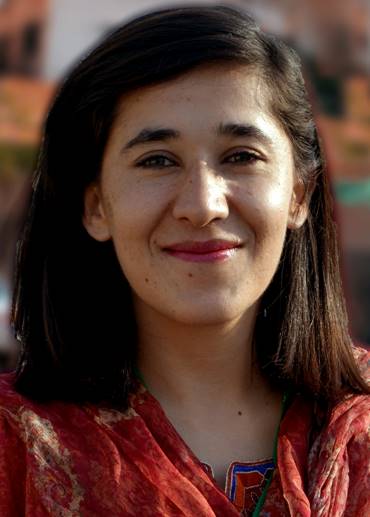
Aaliya Dad from Northern Pakistan pursued her Master’s degree in Canada, during which she completed a thesis project with fieldwork in Pakistan on rural communities and climate change, with a focus on resilience building including planning, management and conservation. Her education has helped her to take advantage of an array of diverse professional and academic opportunities that would have otherwise not been possible. To date, she has worked as a research assistant for several international organizations including Focus Humanitarian Assistance and the World Wildlife Fund and even had the chance to complete an internship in Malaysia with a consultancy firm.
In 2019, she also had an opportunity to attend the UN Summer Academy in Ghana where she was selected to present some of her climate change research on Gilgit as part of the conference’s final discussion. She hopes to continue pursuing her studies in climate change, the environment and peoples’ well-being.
Aaliya is currently pursuing a PhD in Environment Nicholas School of the Environment at Duke University.
SOHF support
Aaliya attended the Asian University for Women (AUW) in Chitaggong, Bangladesh, a liberal arts university on a full scholarship. She decided to focus on Environmental Studies but during her final year, when she learned of the Foundation, she started exploring her dream – to study environmental sciences at a master’s level at a major university in the West. Thanks to generous support from York University, Toronto, a local family that opened their home and hearts to her, and with support from the Foundation, she was able to complete her degree in record time, focusing on environmental impact in high mountain communities.
impact
It has been a tremendous asset to her family that she is financially independent and has been able to return to Pakistan to work full-time in Karachi and support her family in the mountains of Northern Pakistan.
The academic work that she is invested in – climate change in Pakistan and building resilience – is very timely and relevant in the wake of global warming. Particularly for vulnerable and remote communities in the mountainous regions of Pakistan, equipping these communities with the right information and tools through surveying and workshops is contributing to safer practices and minimizing hazards in high-risk areas. She is currently working on a project with the Aga Khan Rural Support Programme to improve nutrition for women and children under five in Sindh. By exploring connections between agriculture and climate change, including adverse effects on land and crops, she hopes to identify ways in which communities can improve food security and sustainability.

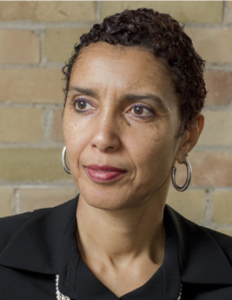
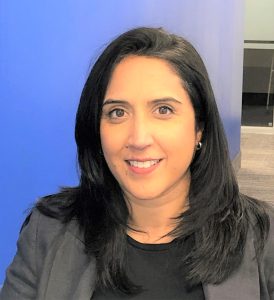


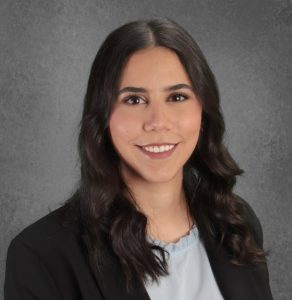
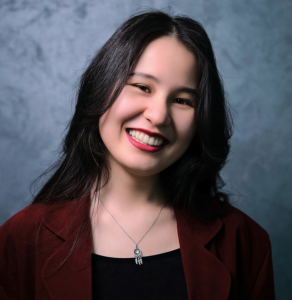
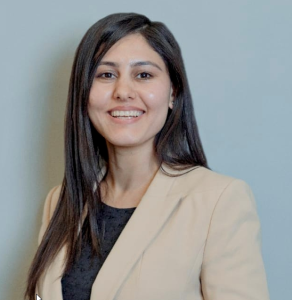
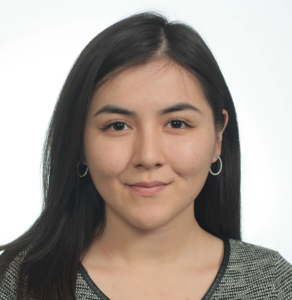
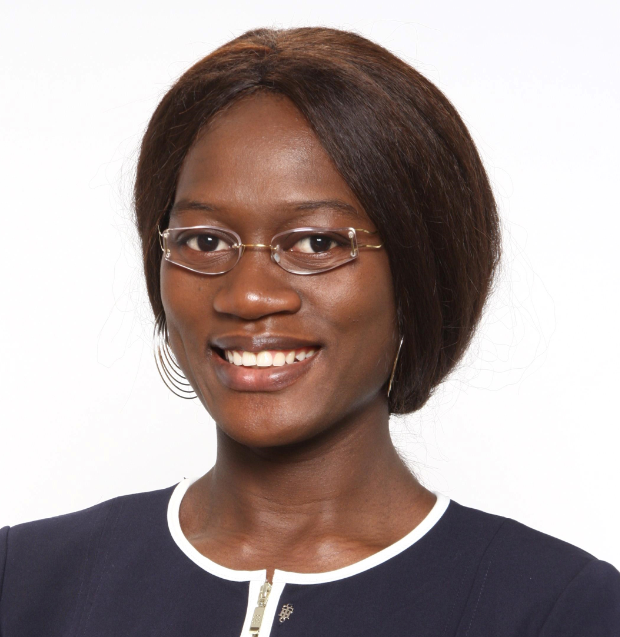
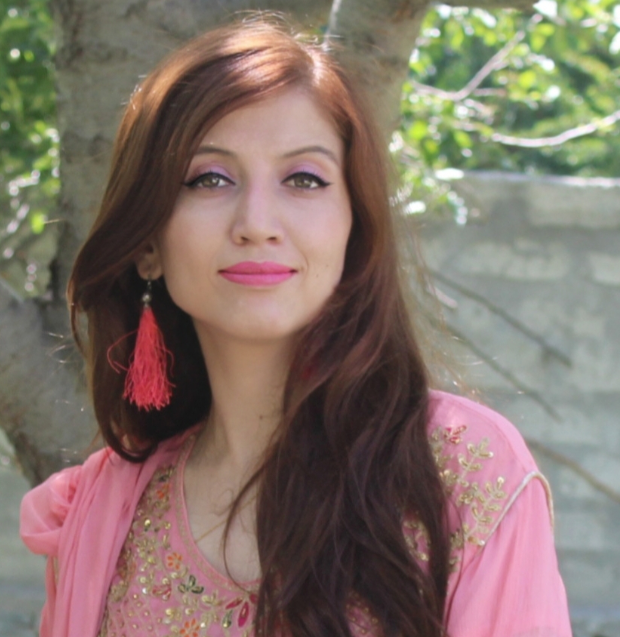
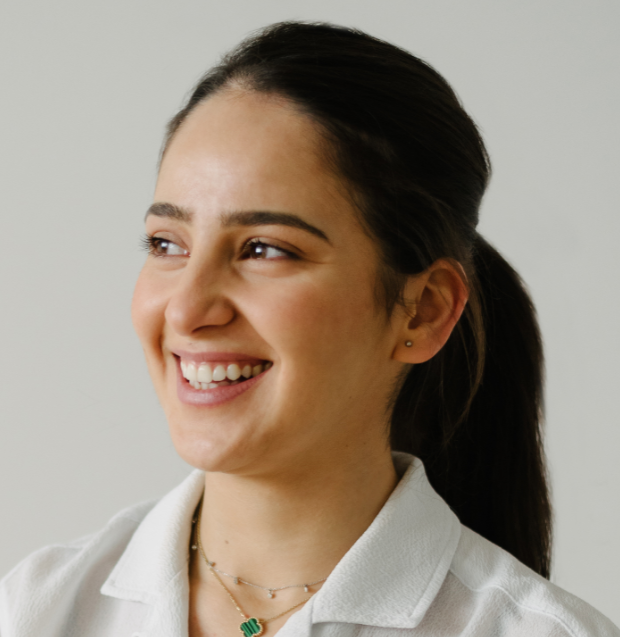
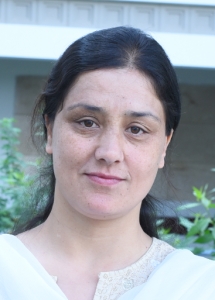
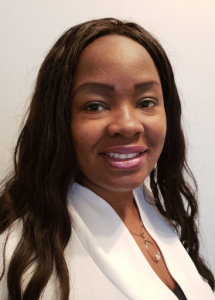
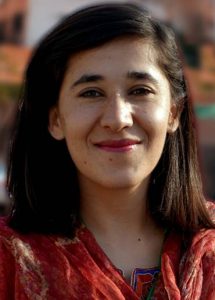
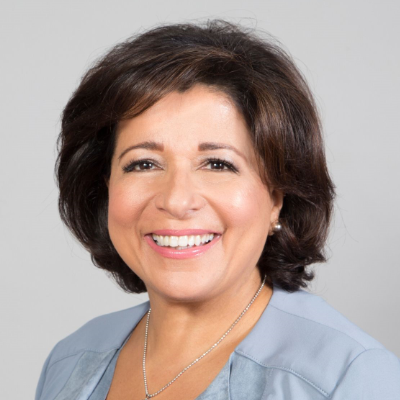
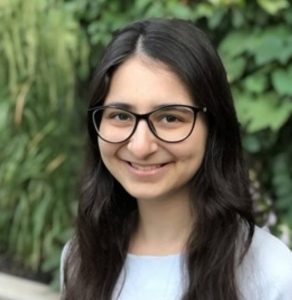

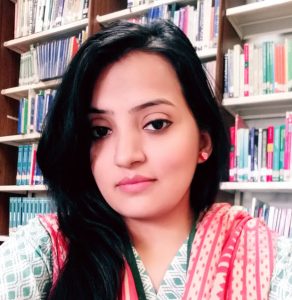
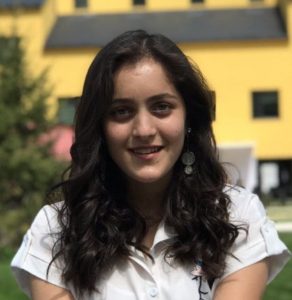

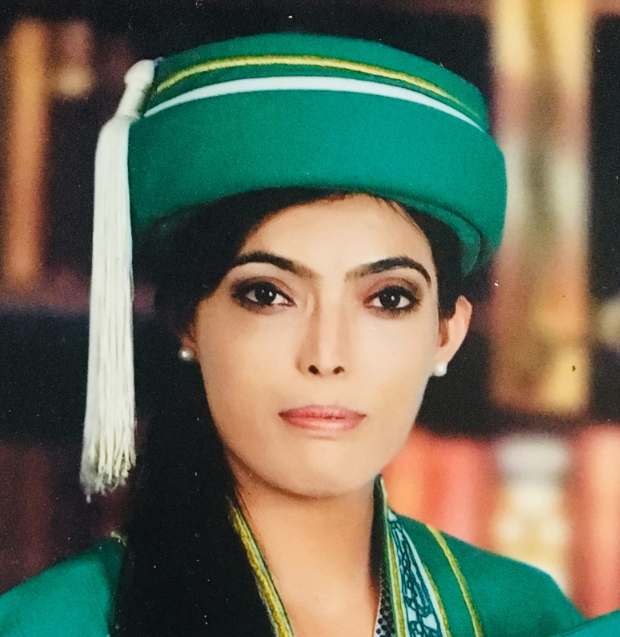
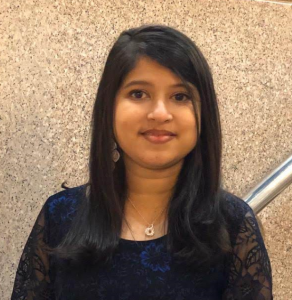
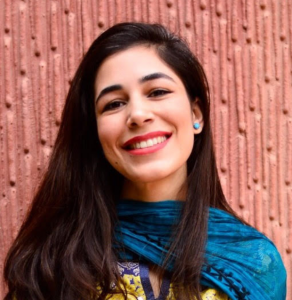 Sajida Raza, from Chitral in the Northern Areas of Pakistan, completed her medical degree in November 2019. Chitral only has hospitals in very few places, so access to quality healthcare can be limited and it is often cut off from the rest of the world for months during winter.
Sajida Raza, from Chitral in the Northern Areas of Pakistan, completed her medical degree in November 2019. Chitral only has hospitals in very few places, so access to quality healthcare can be limited and it is often cut off from the rest of the world for months during winter.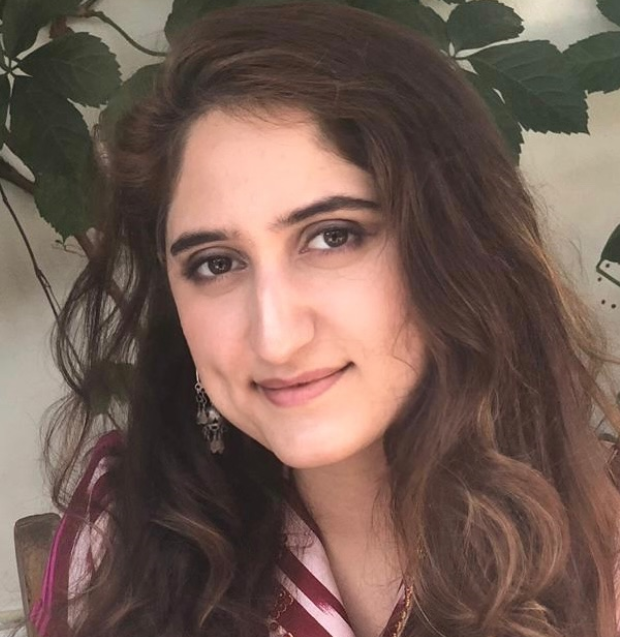
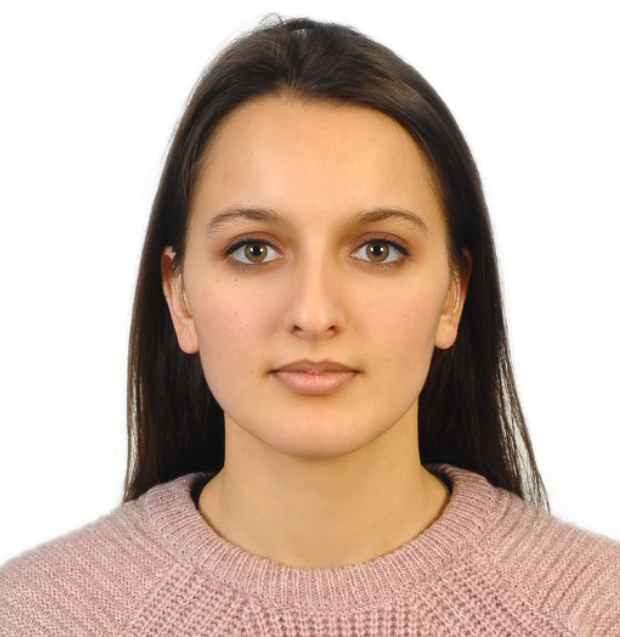

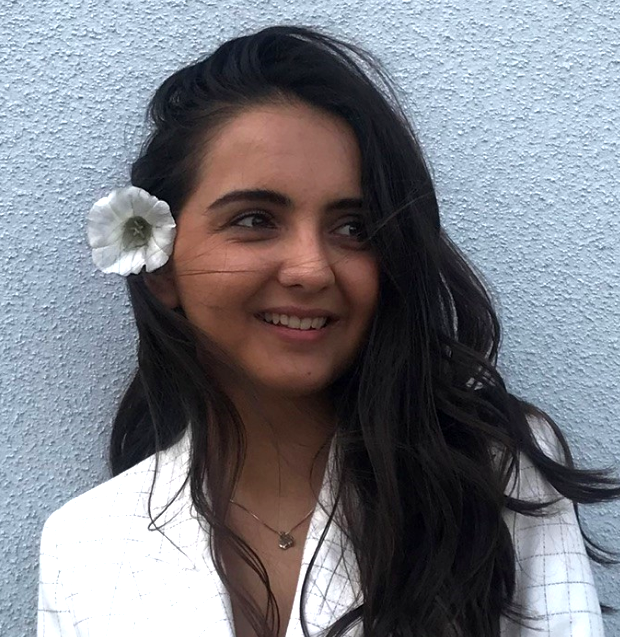



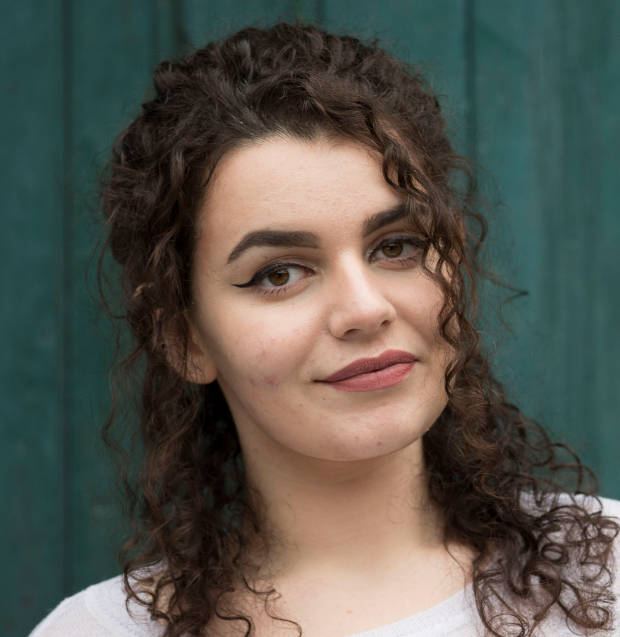
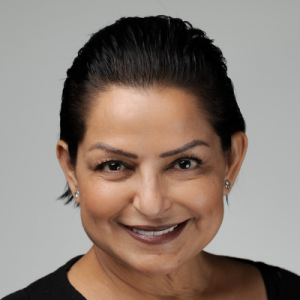
 Doug has many years of senior business and financial management experience across a diverse range of industries and size of businesses. During his career, Doug has also worked as a consultant to several start-up companies. Currently, Doug is President & CEO at North American Fur Auctions Inc., a private company with operations in Europe, North America and Asia.
Doug has many years of senior business and financial management experience across a diverse range of industries and size of businesses. During his career, Doug has also worked as a consultant to several start-up companies. Currently, Doug is President & CEO at North American Fur Auctions Inc., a private company with operations in Europe, North America and Asia.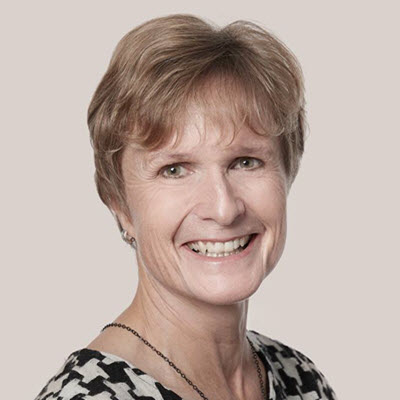 Tanneke is a partner at Fasken Martineau DuMoulin LLP with a focus on natural resource project development in emerging markets. Tanneke is highly regarded for her expertise and experience in the mining industry where she is recognised as a leading legal advisor. Her extensive experience includes advising on all aspects of the development and financing of mining and other natural resource projects in emerging markets, with an emphasis on African markets.
Tanneke is a partner at Fasken Martineau DuMoulin LLP with a focus on natural resource project development in emerging markets. Tanneke is highly regarded for her expertise and experience in the mining industry where she is recognised as a leading legal advisor. Her extensive experience includes advising on all aspects of the development and financing of mining and other natural resource projects in emerging markets, with an emphasis on African markets.